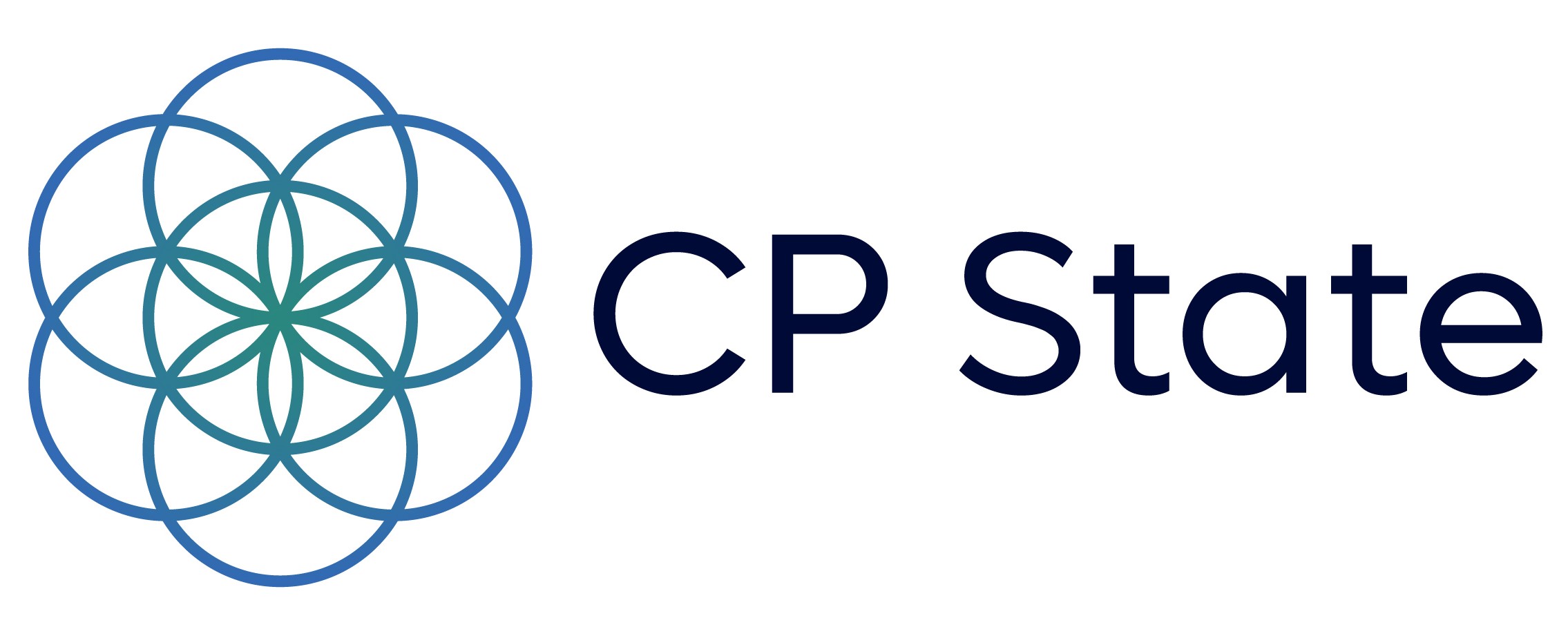28 Mar 3-27-20 OPWDD Update
Posted at 09:19h
in Uncategorized
- Kate Marlay presented the overview to clarify retainer day payments and residential enhancements: Meeting planned for Monday to review revised Appendix K, including what has been seen in other states. There’s three major constructs they want to achieve through Appendix K and the 1115. 1) Residential Rate revision – looking to increase rates to address the fact that there’s going to be a need for increased daytime hours for people who did not participate in that provider’s day services; retroactive to 3/18. 2). Payment of retainer days to occur in 2 phases; 1st phase is not budget neutral because it pays both the day provider and residential provider. This will be a 4 week period for day programs and SEMP, respite, com hab, self direction. Phase 2 will have a very different methodology than the 1st phase but will be held to budget neutrality component. In Phase 2, likely to begin April 17, they are creating “COVID-19 response service” is an umbrella program to encompass day, community hab, pre-voc, and respite services and will compile revenue to guarantee providers 80% of expected revenue that would have been billed for all those services – day hab, com hab, respite, pre-voc services (SEMP is not included in the 2nd phase) – with the providers to produce 20% of the services to achieve 100% of funding. The umbrella allows you to compile funds for all services and use for staff to be directed to needed redeployment and staffing supports for serving both enrolled and community members. If you go over 100% of the Phase 2 billing, there will be a clawback of the overbilled amount. Phase 2 is open to OPWDD providers that agree to: have a residential program in place or agreement with a residential provider with an expectation that provider has retained staff; incentive to provide services and to figure out how to support people in that community.
- Emergency housing update – OPWDD has developed temporary emergency residential opportunities protocol, outlined the process including the roll of care managers. For housing, COVID related or not – they would keep the housing separate (obviously); they have 3 providers willing to develop temporary housing opportunities that OPWDD is evaluating; regional offices will be accepting applications to become sites. OPWDD is looking at opportunities for push in supports as well as the development of the sites being examined for use. How is this funded? – They have not decided a funding mechanism as yet.
- Maintaining Article 16 service providers – the providers are unlikely to make it through this crisis. OPWDD is open to listening to provider ideas on managing the clinics.
- CAS Assessment – OPWDD will cease activity by Maximus — pause it for the time being.
- Supervision level – OPWDD will try to navigate on a case by case level.
- Contact tracking report – discussions have continued with revisions still being made with a rough agreement.
- OPWDD provided an overview of the Executive Order issued today: Modifies the MH law to address the emergency housing plans to allow res services in other/alternative sites that are set up; the second one permits abbreviated training and recerts.
- Day services for ICFs will be paid for under the 1115 waiver allowances; provider should continue to build the day service and the residential services. It will be done secondarily to the K.
